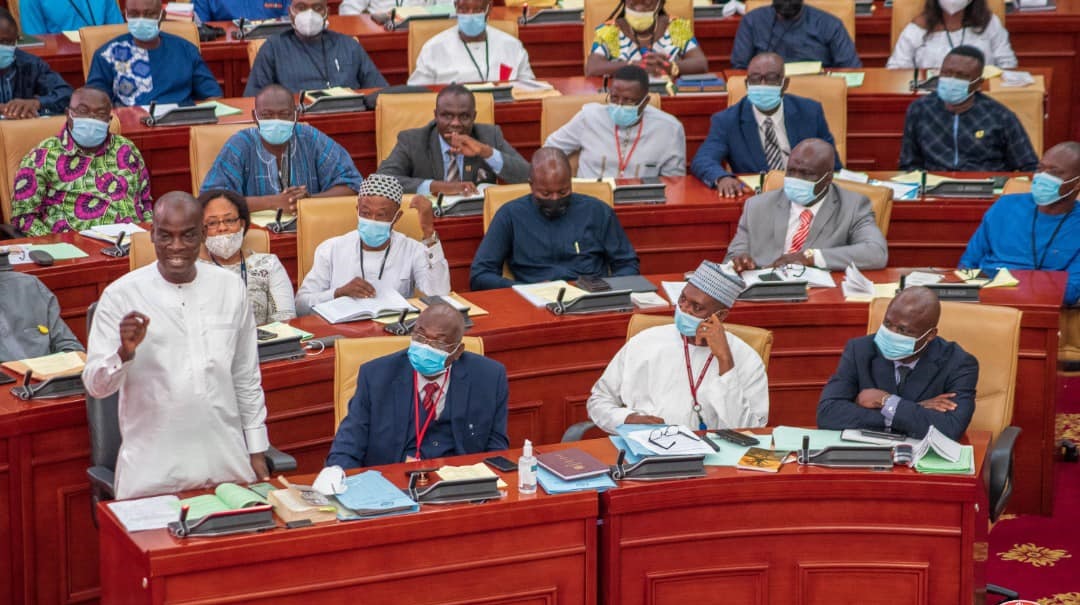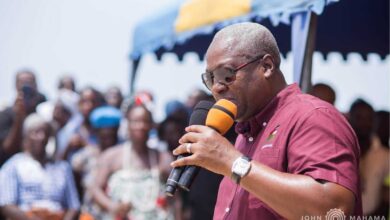
The Minority has taken strong exception to a verdict delivered over the ability of a Deputy Speaker to vote in Parliament while presiding and its link to the controversial E-Levy.
Today, the Supreme Court ruled that a Deputy Speaker of Parliament, Joseph Osei-Owusu, can be counted during the formation of a quorum for Parliamentary decision-making and participation in voting.
The Court presided over by Justice Jones Dotse, therefore, affirmed the approval of the 2022 budget without opposition National Democratic Congress (NDC) MPs’ participation.
But the Minority Leader, Haruna Iddrisu, is unimpressed by the ruling describing it as a travesty of justice.
“The Judiciary of Ghana is also failing Ghana’s parliamentary democracy in their inability to appreciate the true meaning of Article 110 of the 1992 Constitution that Parliament shall, by Standing Orders, regulate its own proceedings,” he said at a brief press conference.
He further expressed worry that the Court only made in reference to the constitutional provision leaving out the room created by the Standing Order 13 in concluding the case.
“Can you imagine what will happen in Parliament…where he [First Deputy Speaker] is presiding, and the Second Deputy Speaker for some purposes is not immediately available in the Chamber, he will walk down, vote, and at that time there will be persons presiding over the Parliament of Ghana.”
The Tamale South legislator also suspects that the ruling forms part of a grand scheme to ensure that the E-Levy bill is passed.
“This is a judicial support of President Nana Akufo-Addo’s E-Levy that he is labouring to pass,” he said.
The Minority Leader vowed that his side of the House will fight the E-Levy bill with all its might.
Private Legal Practitioner Justice Abdulai filed the case against the Attorney General, asking the Court to interpret Articles 102 and 104 of the 1992 Constitution and declare the action of Mr Osei Owusu as unconstitutional.
In defence of the state, the Attorney-General (A-G), Godfred Yeboah Dame, argued that there is no express provision in the 1992 Constitution that stops a Deputy Speaker presiding over proceedings from voting or counting himself as part of MPs present to form the right quorum.
The Apex Court comprising Justices Jones Dotse, Nene Amegatcher, Prof Ashie Kotey, Mariama Owusu, Lovelace Johnson, Clemence Honyenuga, and Emmanuel Kulendi affirmed the arguments of the Attorney General.




